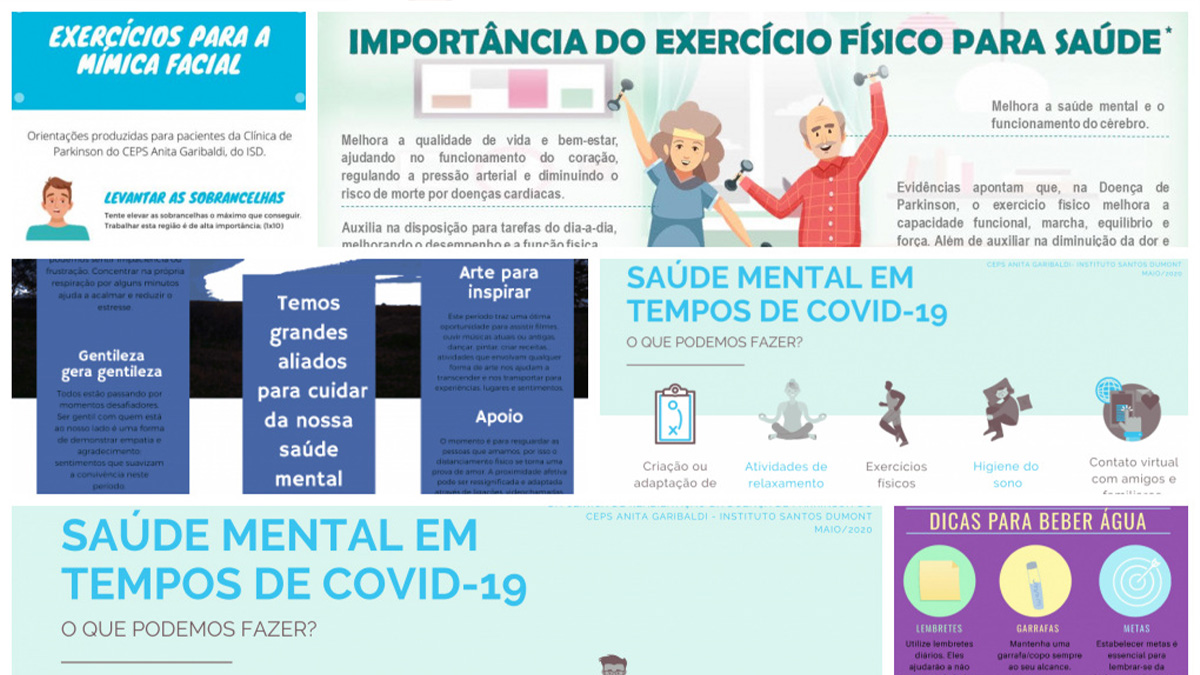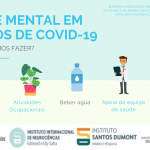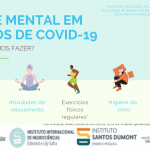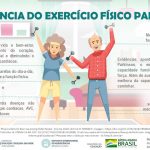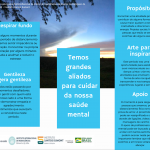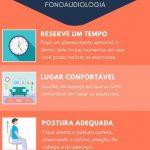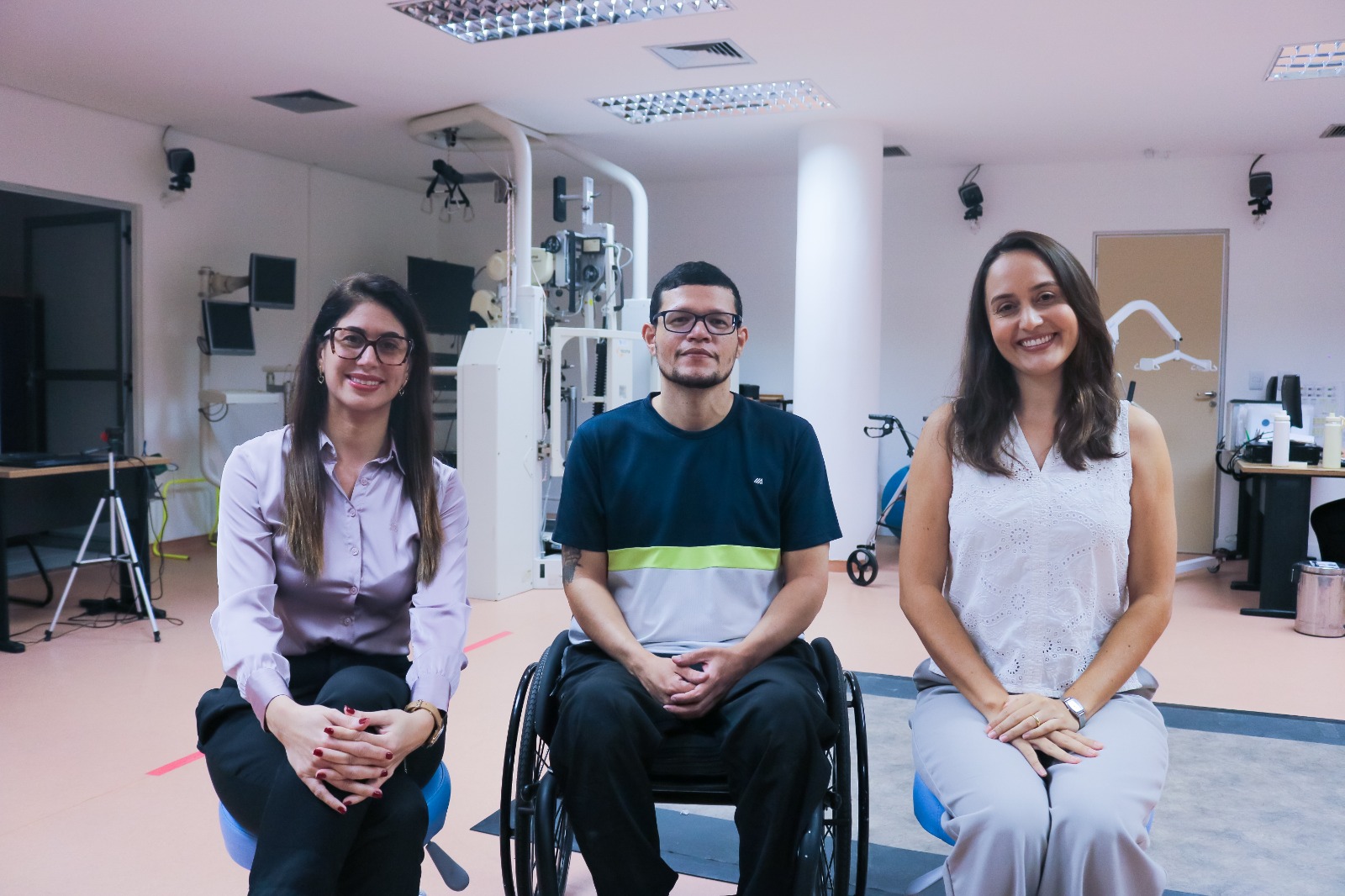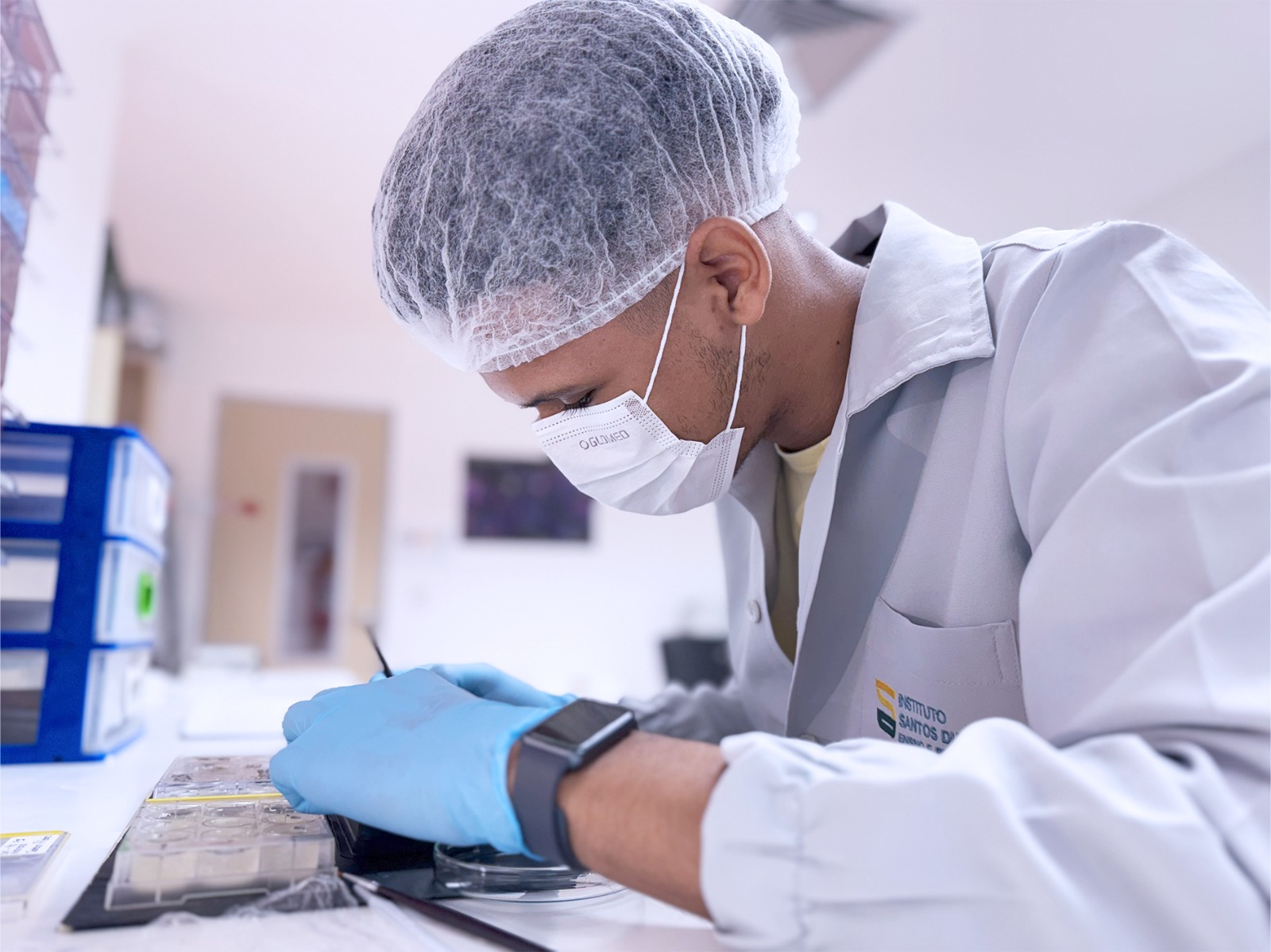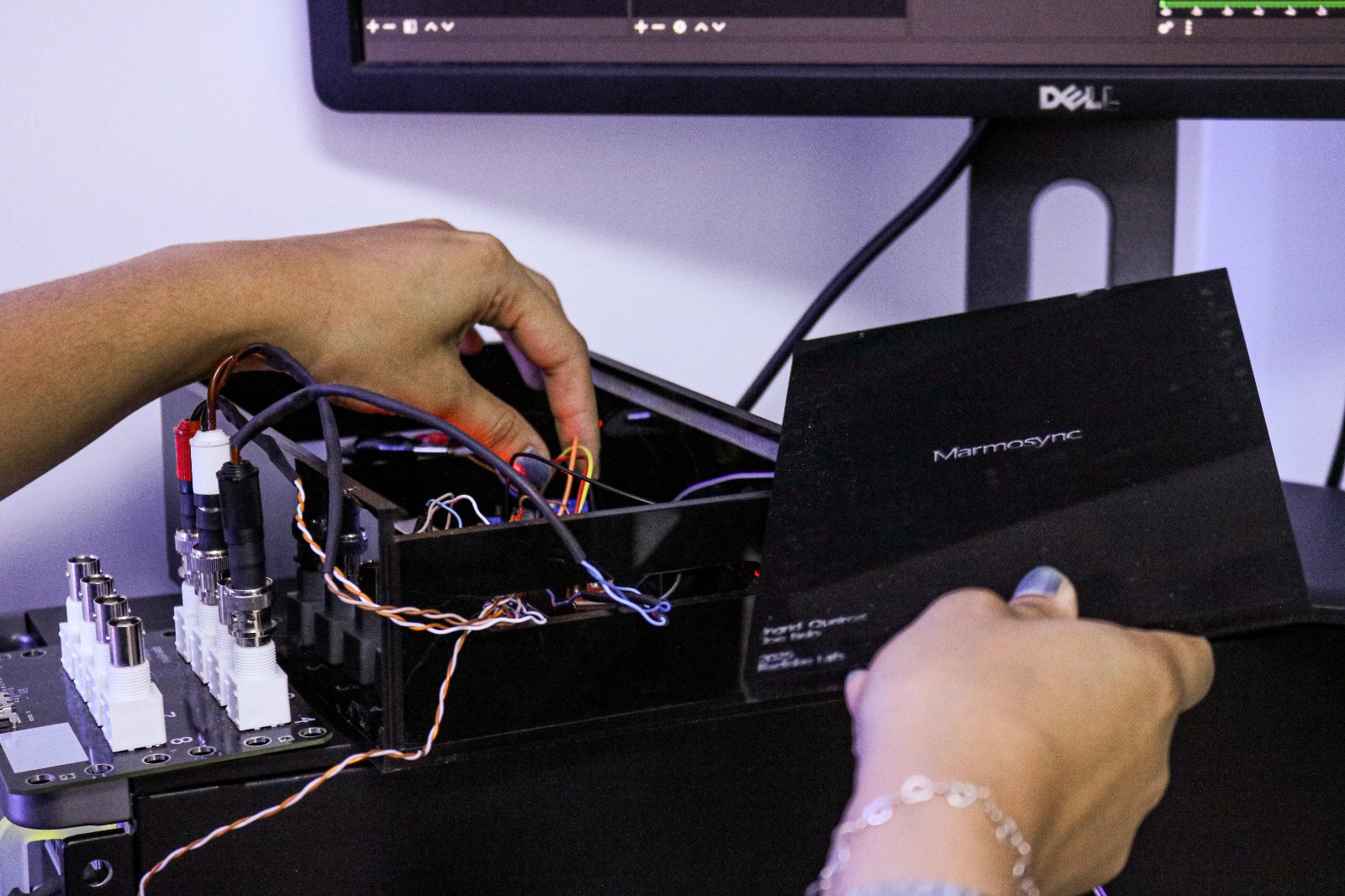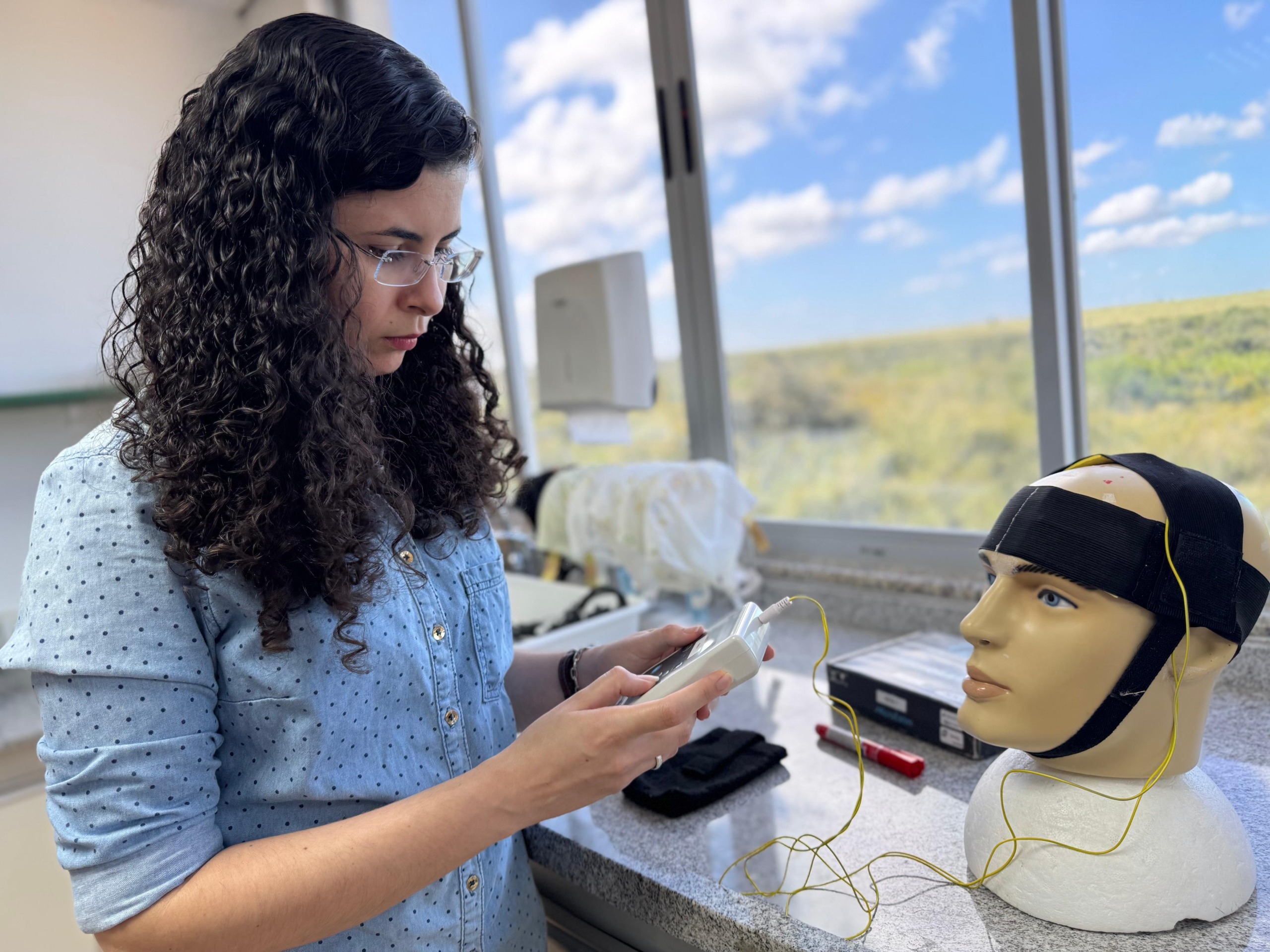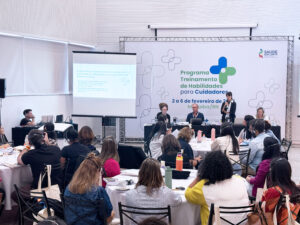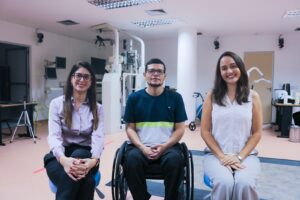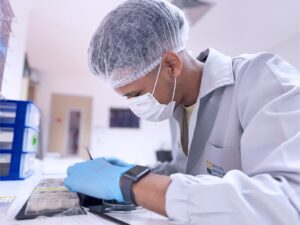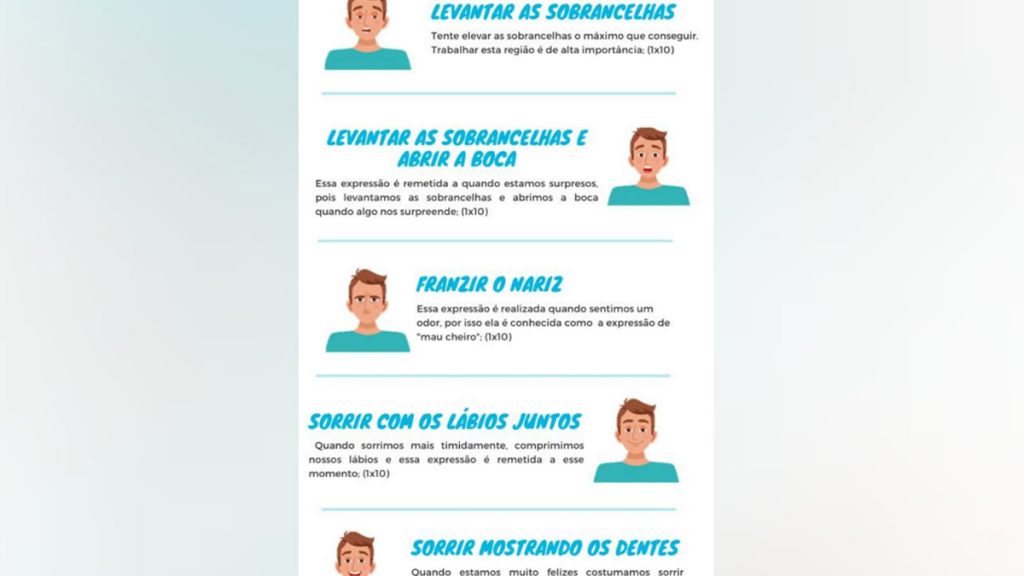
Facing the mirror, the first mission is to raise your eyebrows to the maximum.
Raising your eyebrows and opening your mouth at the same time – like a 'surprised face' – wrinkling your nose, as if you smelled 'that' bad smell, and giving a 'shy little smile', with your lips together, are the next steps.
To end the series, think of something very, very happy.
And open a smile to show your teeth.
You might have guessed, but this is far from a 'faces and mouths' guide to quarantine.
The sequence is part of a set of “facial mime exercises” suggested to men and women that professionals from the Santos Dumont Institute (ISD) accompany – currently 'from a distance' – in the Parkinson's.
The Anita Garibaldi Health Education and Research Center of the ISD, acts as Rehabilitation Center (CER III) since 2017 and is a reference in the Unified Health System (SUS).
The work involves a neurologist and professionals from physiotherapy, psychology, neuropsychology, speech therapy, occupational therapy and students from the Multidisciplinary Residency in Health Care for Persons with Disabilities. The Institute also has pelvic physiotherapy for neurogenic bladder and urologist.
The clinic encompasses about 57 patients. Provides individual consultations and multi-therapeutic groups that, with the need for isolation due to the pandemic, have been carried out by telephone and using a cell phone application.
“We are in teleservice with several users and their families in a multidisciplinary group that takes place on Thursdays. It addresses various topics, such as guidelines for physical exercise, speech therapy, reflections on mental health, cognitive exercises to keep the mind active and health education information, including how to use art to express how they are experiencing the period of withdrawal and how identify and not share false information”, describes neuropsychologist Joísa Araújo.
Strategies that encourage mental health care and the dissemination of information that reinforce the importance of a routine in which they sleep well, have a healthy diet and interact with the family – in person or remotely, to reduce anxiety – are among the strategies disseminated to the group. Different exercises – including these, of facial mime – are also pointed out as essential to keep the rehabilitation up to date, according to the speech therapist and multidisciplinary preceptor of the ISD, Marília Pinheiro.
muscle strengthening
Facial mime exercises serve to strengthen the muscles of the face and are part of a series of guidelines sent by the team in remote care.
Illustrations are among the strategies used to pin the messages. Click on the images below to enlarge the ones that were produced.
Professional orientation
“Facial mime exercises help strengthen facial muscles, such as lips, tongue and cheeks. Any individual can do it, as long as they have guidance from a professional speech therapist to understand the demand and direct the exercises to the compromised musculature”, says Marília.
She explains that these exercises are generally aimed at the elderly or people who are recovering from a neurological condition, "since muscle disorders caused by a neurological disorder or as a result of aging can lead to weakness in the muscles of the face".
In Parkinson's, individuals have a stiffening of the facial muscles, which compromises the functions of speech, chewing and swallowing. Thus, people with this condition have difficulty articulating speech; tiredness and inefficient chewing, in addition to difficulty swallowing food. It is in these aspects – adds the speech therapist – that facial mimicry helps.

What is Parkinson's disease?
Parkinson's disease is a pathology whose neurological signs and symptoms affect body movements and may include, for example, tremors, muscle stiffness, imbalance and speech disorders. The disease is degenerative in nature and can also cause a decrease in smell, constipation, neurogenic bladder, cognitive changes and depression.
According to the World Health Organization, 1% of the population over 65 years of age carries the disease and the onset of motor symptoms usually occurs around 60 years of age.
In an epidemiological study carried out in Natal/RN in 2016, a higher frequency of individuals with the disease in the age group between 70 and 79 years was identified - the majority being male.
KNOW MORE
The work of the Instituto Santos Dumont (ISD) related to Parkinson's disease includes an educational group aimed at patients and their families, caregivers and anyone interested in the subject, through the Educa Parkinson project. The group works with monthly meetings at CEPS Anita Garibaldi, in Macaíba (RN), temporarily suspended due to the pandemic. In the case of the clinic, in-person service - also temporarily suspended - is open to residents of Natal, Parnamirim, Extremoz, São Gonçalo do Amarante and Macaíba. To gain access, you must go through a triage with the team. Bookings are made by telephone, calling the reception of CER III Anita Garibaldi: (84) 3271-3612 | (84) 3271-1064.
Text: Renata Moura / Ascom – ISD
Communication Office
comunicacao@isd.org.br
(84) 99416-1880
Santos Dumont Institute (ISD)
It is a Social Organization linked to the Ministry of Education (MEC) and includes the Edmond and Lily Safra International Institute of Neurosciences and the Anita Garibaldi Health Education and Research Center, both in Macaíba. ISD's mission is to promote education for life, forming citizens through integrated teaching, research and extension actions, in addition to contributing to a fairer and more humane transformation of Brazilian social reality.



